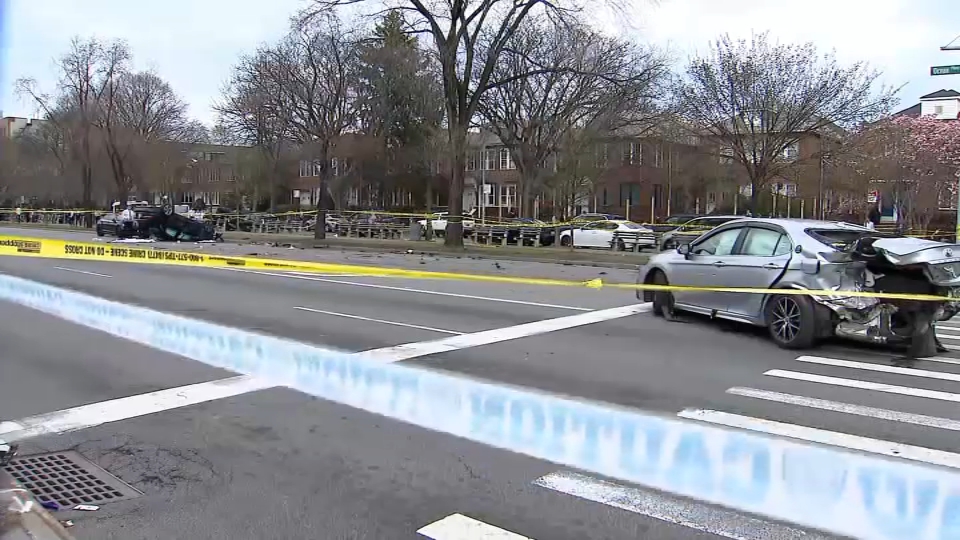In a press conference on Monday, Mayor Eric Adams unveiled New York City’s new official trash bin and announced that by November 12, 70% of the city’s 14 billion pounds of annual trash would be in containers.
New York City's waste reduction efforts will commence a new phase next week, as the city's sanitation agency will begin enforcing a law-mandated composting program with fines.
Starting April 1, residents will have to separate food waste from trash or risk receiving a $25 fine from the Department of Sanitation. While mandatory composting became effecting in October 2024, the law passed by City Council established a warning period until April 2025.
What are the food separation rules?
Watch NBC 4 free wherever you are
Sanitation officials say they have deliberately kept the rules simple for residents. All food, yard and food-soiled paper waste must be set out in a bin on recycling day.
What should be separated?
Get Tri-state area news delivered to your inbox with NBC New York's News Headlines newsletter.
Education materials developed by the DSNY establish that food scarps and food-soiled paper should be set aside in compost bins instead of trash bags.
Compostable material includes:
- Fruit
- Vegetables
- Meat
- Bones
- Dairy
- Prepared food
- Napkins
- Towels
- Tea bags
- Paper plates
- Coffee filters
- Pizza boxes (clean boxes should be recycled)
- Products labeled compostable
In addition to food, leaf and yard waste can also be compostable. However, the agency says food waste should only be mixed with leaf and yard waste when using a bin with a secure lid.
News
How much will I get fined?
Landlords who violate the food separation mandate can face fines starting at $25 for the first offense.
Buildings with one to eight units may face $25 fines for the first offense, $50 for the second and $100 for subsequent offenses. Buildings with more than nine units face fines of $100 for the first offense, $200 for the second offense and $300 for additional offenses.
According to the department, sanitation supervisors may search trash bags to investigate whether food waste is mixed with trash. Sanitation officials stressed that this enforcement mechanism is not new and is used in other cities around the world.



